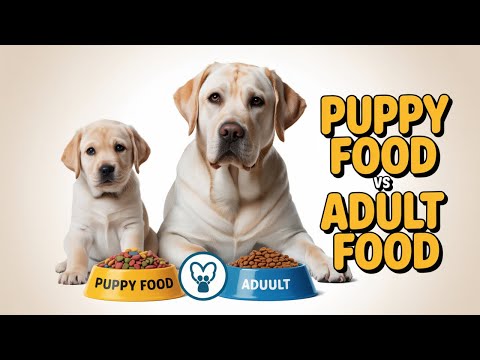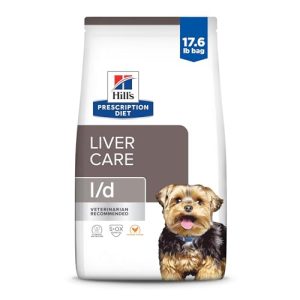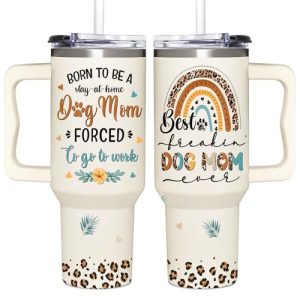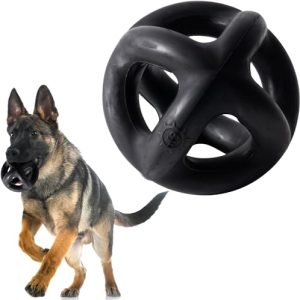Choosing the right food for your furry friend can feel overwhelming, especially with so many options on the market. You want the best for your pet, but how do you know if you’re making the right choice between adult and puppy dog food?
Understanding the difference is crucial for your dog’s health and happiness. This article will guide you through the key distinctions, so you can make informed decisions that support your dog’s development and well-being. Stick around to discover how you can cater to your dog’s unique nutritional needs at every stage of their life.
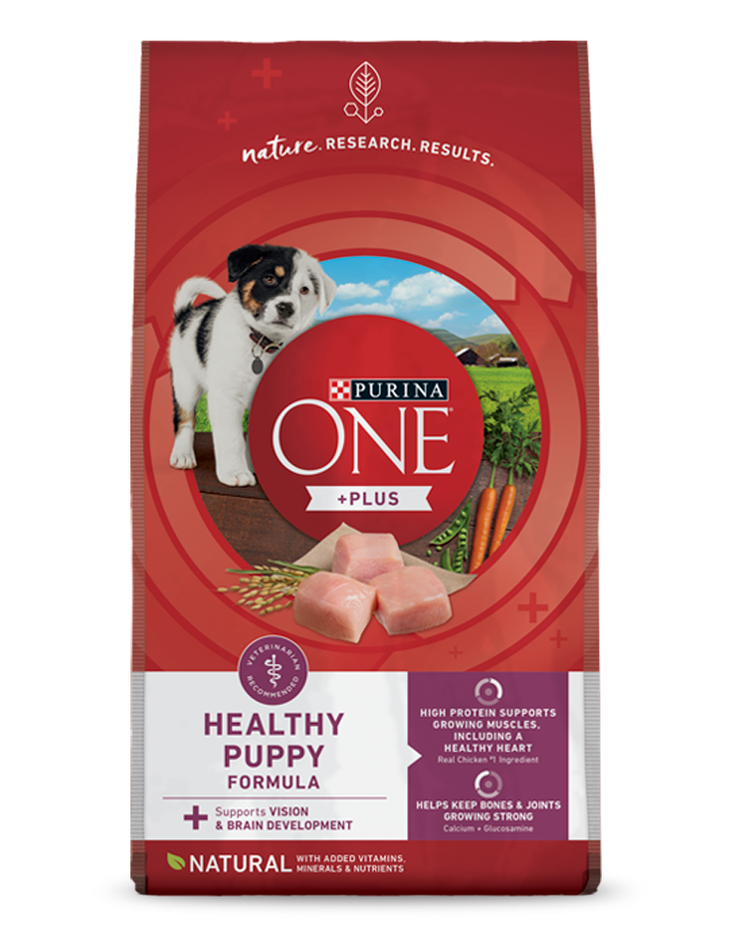
Credit: www.purina.com
Nutritional Needs
Adult dogs and puppies need different nutrients to stay healthy. Their food must match their age and growth stage.
Puppies grow fast and need more energy and nutrients. Adult dogs need balanced food to maintain health.
Calories And Energy
Puppies require more calories than adult dogs. Their bodies use energy to grow strong bones and muscles.
Adult dogs need fewer calories to avoid weight gain. Their energy needs depend on activity level and size.
- Puppies: High calorie food to support growth
- Adults: Moderate calories to maintain weight
- Active adults may need more calories
Protein Requirements
Puppies need more protein than adults. Protein helps build muscles, skin, and other tissues during growth.
Adult dogs need enough protein to keep their muscles strong. The amount is less than what puppies need.
- Puppies: High protein for fast growth
- Adults: Moderate protein for maintenance
- Quality protein supports healthy body functions
Fat Content
Puppies need higher fat in their food for energy and brain development. Fat also helps absorb vitamins.
Adult dogs need less fat to avoid extra weight. Fat levels vary by activity and health condition.
- Puppies: More fat for energy and growth
- Adults: Lower fat to maintain healthy weight
- Good fats support skin and coat health
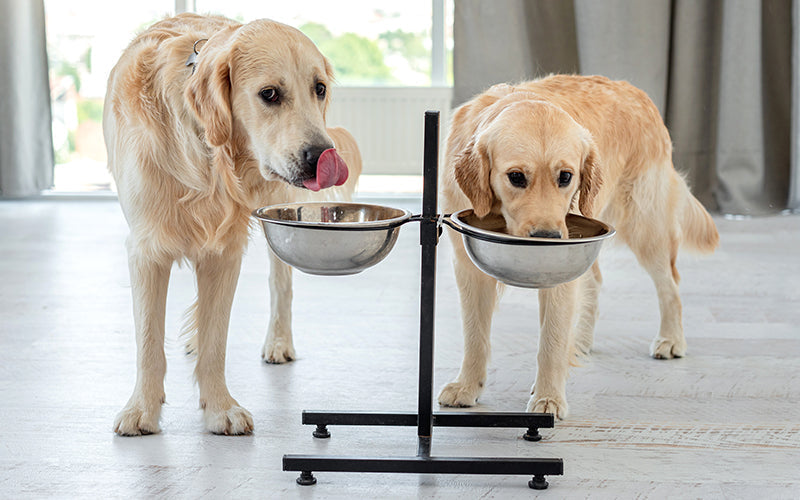
Credit: blepworld.com
Ingredients In Puppy Food
Puppy food contains special ingredients to help young dogs grow. It has extra nutrients that adult dog food does not.
These ingredients support strong bones, sharp brains, and overall healthy growth. Understanding these ingredients helps you pick the right food.
Growth-boosting Nutrients
Puppy food has more protein and fat than adult food. These nutrients give energy for active puppies and help build muscles.
- High-quality proteins support muscle growth
- Healthy fats provide energy for play and learning
- Vitamins and minerals help immune system development
Dha And Brain Development
DHA is an important fatty acid found in puppy food. It supports brain and eye development during early life stages.
| Benefit | Role of DHA |
| Brain Growth | Supports nerve cell development |
| Vision | Improves eye function |
| Learning | Helps puppies learn and remember |
Calcium And Bone Health
Puppies need extra calcium for strong bones and teeth. Puppy food has the right amount to support healthy growth.
- Calcium helps form dense and strong bones
- Phosphorus works with calcium for bone strength
- Too much or too little calcium can cause problems
Ingredients In Adult Dog Food
Adult dog food has ingredients that keep dogs healthy and strong. It supports their daily energy needs and overall well-being.
The ingredients differ from puppy food because adult dogs have different nutritional needs. Adult dog food focuses on maintaining health and preventing problems.
Maintenance Nutrients
Adult dog food has proteins, fats, and carbohydrates to keep dogs healthy. These nutrients help maintain muscles, skin, and energy.
It also contains vitamins and minerals that support the immune system and body functions. These nutrients keep dogs active and fit.
Weight Management
Many adult dog foods include fiber and controlled fat levels. These ingredients help dogs stay at a healthy weight.
Weight management prevents obesity, which can cause health problems. Balanced calories keep dogs energetic without gaining too much weight.
- Added fiber for fullness
- Lower fat content
- Balanced calories
Joint Support
Adult dog food may have ingredients like glucosamine and chondroitin. These help keep joints strong and reduce pain.
Good joint support helps dogs stay active longer and move easily. These nutrients protect joints from wear and tear.
- Glucosamine for cartilage health
- Chondroitin to reduce inflammation
- Omega-3 fatty acids for joint comfort
Feeding Guidelines
Adult and puppy dog foods have different nutritional needs. Feeding guidelines help you give the right amount. This keeps your dog healthy and happy.
Puppies grow fast and need more energy. Adults need maintenance food to stay fit. Follow these tips for portion sizes, feeding frequency, and switching foods.
Portion Sizes
Puppies need larger portions per pound of body weight than adults. Their food has more calories and nutrients. Adult dogs eat less because they use less energy.
Use the feeding chart on the dog food bag as a guide. Adjust portions based on your dog’s weight and activity level. Avoid overfeeding to prevent obesity.
- Puppies: Feed more calories per pound
- Adults: Feed smaller portions for maintenance
- Adjust amounts as your dog grows or ages
Feeding Frequency
Puppies eat more often than adult dogs. They need energy for growth and play. Adult dogs usually eat once or twice a day.
Young puppies may need three to four meals daily. As they grow, reduce meals to two daily. Adult dogs do well with one or two meals each day.
- Puppies under 3 months: 4 meals per day
- Puppies 3 to 6 months: 3 meals per day
- Adults: 1 or 2 meals per day
Transitioning Between Foods
Switching from puppy to adult food should be slow. A sudden change can upset your dog’s stomach. Mix the new food with the old food gradually.
Start with 25% new food and 75% old food. Increase new food over 7 to 10 days. Watch for signs of discomfort or allergies during this time.
- Day 1-3: 25% new food, 75% old food
- Day 4-6: 50% new food, 50% old food
- Day 7-9: 75% new food, 25% old food
- Day 10: 100% new food
Health Benefits
Adult and puppy dog foods have different ingredients to support their health. Each type helps dogs grow and stay strong at their stage of life.
Puppy food focuses on growth needs, while adult food maintains health and energy. Choosing the right food helps dogs live longer and feel better.
Supporting Immune System
Puppy food has extra vitamins and minerals to build a strong immune system. These nutrients help puppies fight sickness as they grow.
Adult dog food keeps the immune system strong with antioxidants. It helps adult dogs stay healthy and recover faster from illness.
- Puppy food: higher levels of vitamin E and zinc
- Adult food: balanced antioxidants for ongoing defense
- Both foods support immune cells and reduce infections
Digestive Health
Puppy food contains more fiber and special nutrients to help digestion. Puppies need gentle digestion as their stomachs are still developing.
Adult dog food supports healthy digestion with probiotics and fiber. It helps adult dogs absorb nutrients well and avoid stomach problems.
- Puppy food: easy-to-digest proteins and added fiber
- Adult food: probiotics for good gut bacteria
- Both types improve nutrient absorption and stool quality
Dental Care
Puppy food is softer to protect growing teeth. It also helps remove plaque gently during chewing.
Adult dog food has ingredients to reduce tartar build-up. It helps keep adult dogs’ teeth clean and strong.
- Puppy food: softer texture for delicate teeth
- Adult food: crunchy pieces to clean teeth
- Both support fresh breath and healthy gums
Common Misconceptions
Many dog owners are confused about the differences between adult and puppy food. This confusion leads to feeding mistakes. Understanding these differences helps keep dogs healthy.
This article clears up common myths about dog food for adults and puppies. It explains if adults can eat puppy food, whether puppy food is always better, and if mixing both types is safe.
Can Adults Eat Puppy Food?
Adults can eat puppy food for a short time. But it is not ideal for long-term use. Puppy food has more calories and nutrients to support growth.
- Adult dogs may gain weight if they eat puppy food regularly.
- Too many nutrients can cause health problems in adults.
- Use puppy food only if your vet advises it.
Is Puppy Food Always Better?
Puppy food is not always better. It is made for young dogs with different needs. Adults need balanced nutrition for maintenance, not growth.
| Type of Food | Main Purpose | Best For |
| Puppy Food | Supports growth and development | Puppies under one year |
| Adult Food | Maintains health and energy | Dogs over one year |
| Senior Food | Supports aging joints and metabolism | Older dogs |
Mixing Puppy And Adult Food
Mixing puppy and adult food is not recommended. It can cause unbalanced nutrition. Both foods have different ingredient levels.
- Overfeeding calories or protein
- Digestive upset or allergies
- Confusing dogs with taste and texture
Choosing The Right Food
Choosing the right food for your dog is important. Adult dogs and puppies have different needs. Feeding the correct food supports their health and growth.
Puppy food has more nutrients for growth. Adult dog food focuses on maintaining health. Knowing the difference helps you pick the best option.
Reading Labels
Check the food label carefully. Look for ingredients and nutrient levels. This helps you understand what your dog will eat.
- Protein: Puppies need higher protein for growth.
- Fat: Puppy food has more fat for energy.
- Calcium: Important for strong bones in puppies.
- Calories: Adult dogs usually need fewer calories.
- Added vitamins and minerals support health.
Considering Breed And Size
Breed and size affect food choices. Large breeds grow slower and need special nutrients. Small breeds eat less but need energy-dense food.
| Breed Size | Puppy Food Needs | Adult Food Needs |
| Small | High energy, small kibble | Maintain weight, joint health |
| Medium | Balanced nutrition, growth support | Weight control, muscle maintenance |
| Large | Controlled calcium, joint support | Low calories, joint care |
Consulting Your Veterinarian
Your vet knows your dog’s health best. Ask for advice on the right food. They can recommend brands and types based on health needs.
Here are some questions to ask your vet:
- What food suits my dog’s age and breed?
- Are there allergies or sensitivities to consider?
- Should I use supplements with the food?
- How much and how often should I feed my dog?

Credit: www.youtube.com
Frequently Asked Questions
What Are The Main Differences Between Adult And Puppy Dog Food?
Puppy food contains higher protein, fat, and calories to support growth. Adult dog food has balanced nutrients to maintain health and weight.
Why Is Puppy Food Higher In Calories Than Adult Food?
Puppies need more energy for growth and play. Higher calories in puppy food support their rapid development and active lifestyle.
Can Adult Dogs Eat Puppy Food Safely?
Adult dogs can eat puppy food occasionally but it may cause weight gain due to extra calories and fat.
When Should I Switch From Puppy To Adult Dog Food?
Switch between 9-12 months, depending on breed size. Large breeds may need longer puppy food for proper growth.
Conclusion
Choosing the right food helps dogs grow strong and healthy. Puppy food has extra nutrients for growth. Adult dog food supports maintenance and energy needs. Feeding the right type keeps your dog happy and active. Always check labels and pick food suitable for your dog’s age.
Proper nutrition shapes a long, joyful life for your pet. Simple but important. Your dog will thank you.

Emily Barker is the founder of ChillDogLife.com, a space dedicated to helping pup parents discover the best dog products, lifestyle tips, and cozy ideas for happier homes.
A lifelong dog lover, Emily combines her passion for pets with a knack for research to share trusted recommendations on everything from toys and furniture to health and everyday care.
Her goal is simple: to make life easier, stylish, and more joyful for dogs and the people who love them.
